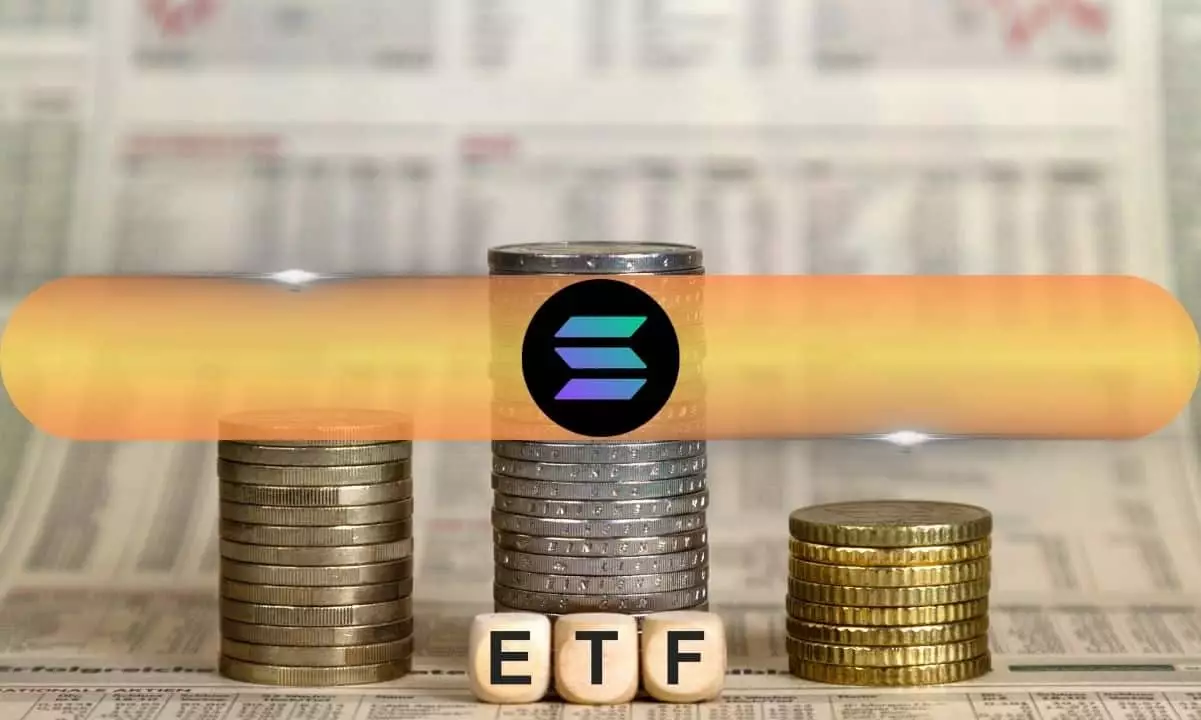The dynamic world of cryptocurrency investments continues to unfold, with a notable highlight being the newest attempt to launch Solana exchange-traded funds (ETFs) in the United States. The Chicago Board Options Exchange (CBOE) has reignited the pursuit of these financial instruments by submitting multiple applications on behalf of key asset managers including VanEck, Bitwise, Canary, and 21Shares. This renewed effort marks an important moment in the strategy of embracing decentralized finance within mainstream investment products.
Historical Context of Solana ETF Applications
The journey towards launching Solana ETFs is fraught with challenges, particularly due to the stringent regulatory environment overseen by the Securities and Exchange Commission (SEC). Previous applications faced significant hurdles, as evidenced by repeated rejections throughout 2023. Many firms including VanEck made early attempts, only to see their proposals vanish or be turned down, leading to uncertainty and frustration among potential investors and asset managers.
Initially, in mid-2023, CBOE included Solana-based products in its lineup of ETF proposals, only to withdraw them shortly thereafter. This cycle of hope and disappointment has underscored the complexities involved in launching a Solana ETF, instilling caution among industry participants. The recent filings submitted on January 28, 2024, raise key questions: Are we witnessing a new chapter in this saga, or merely an extension of an uphill battle against regulatory disapproval?
One critical development fueling optimism among proponents of Solana ETFs is the shift in leadership within the SEC. With a change from the crypto-skeptic Gary Gensler to the more cryptocurrency-friendly Paul Atkins, the landscape for regulatory approvals appears to have altered. Analysts are cautiously optimistic, speculating that the new leadership might encourage a more favorable environment for digital asset products to flourish. This pivot could indeed enhance the probabilities of not just Solana ETFs, but a broad spectrum of cryptocurrency investment products gaining traction within the traditional finance sector.
Nonetheless, the classification of SOL, the native token of the Solana platform, remains a significant barrier. The determination of whether SOL is a commodity or a security is pivotal for the success of upcoming ETF launches. Asset managers advocating for Solana ETFs present compelling arguments rooted in SOL’s decentralized structure and Proof-of-Stake mechanism, positioning it as a commodity rather than a tradable security. However, unresolved legal ambiguities surrounding SOL’s status present a major roadblock that must be navigated effectively.
As the space for cryptocurrency assets continues to evolve, the outcomes of the recent CBOE applications can have far-reaching implications for both the Solana ecosystem and the wider investment landscape. The forthcoming weeks will be crucial in determining the fate of these proposals. If approved, Solana ETFs could pave the way for a deeper integration of blockchain technology into traditional investment frameworks, further legitimizing digital assets in the eyes of institutional investors.
While optimism surrounds the renewed efforts of launching Solana ETFs, challenges abound. The interplay of regulatory scrutiny, market readiness, and asset classification will ascertain whether this moment signifies a genuine turning point in cryptocurrency investment options available to the public at large.















